In the ever-evolving field of animal cognition, a surprising new study has revealed that honeybees may possess a far more sophisticated understanding of numbers than previously believed. Researchers have discovered that these tiny pollinators are not only capable of basic arithmetic but also demonstrate an ability to comprehend the abstract concept of 'zero.' This groundbreaking finding challenges long-held assumptions about the cognitive limits of insects and opens up fascinating new avenues for understanding the evolution of mathematical thinking.
The research, conducted by an international team of scientists, builds upon earlier work showing that bees can count up to four and perform simple addition and subtraction. However, the latest experiments pushed these boundaries further by testing whether bees could recognize 'nothingness' as a numerical quantity. To investigate this, scientists trained bees to associate visual displays containing different numbers of elements with rewards of sweet sucrose solution.
What makes this discovery particularly remarkable is that understanding zero as a number represents a significant cognitive leap. While many animals can perceive the absence of something, recognizing zero as a numerical concept requires a higher level of abstraction. Human children typically don't grasp this concept until they're about four years old, and it emerged relatively late in human mathematical history. That bees might share this capability suggests numerical cognition could be more widespread in the animal kingdom than we imagined.
The experimental setup involved presenting bees with two platforms containing different numbers of shapes. Bees learned to land on the platform with fewer shapes to receive their reward. When researchers introduced an empty platform representing zero, the bees consistently chose it over platforms with one or more shapes, demonstrating they understood that zero was less than one. This ability to place zero within a numerical sequence indicates a surprisingly sophisticated grasp of quantity relationships.
Neurobiologists are particularly intrigued by how such advanced cognitive processing occurs in a brain containing less than one million neurons - a fraction of what vertebrates possess. The honeybee brain, though tiny, demonstrates an extraordinary capacity for complex information processing. Researchers speculate that the evolutionary pressures of navigating complex floral landscapes and communicating through their famous 'waggle dance' may have selected for advanced numerical abilities in these insects.
These findings have important implications for multiple fields. In neuroscience, they challenge traditional views about the relationship between brain size and cognitive ability. For artificial intelligence research, understanding how such compact neural systems perform complex computations could inspire more efficient algorithms. The discovery also raises philosophical questions about the nature of mathematical thinking and whether numerical concepts exist independently of human minds.
As scientists continue to unravel the mysteries of animal cognition, the humble honeybee keeps proving itself to be one of nature's most unexpectedly brilliant mathematicians. Future research will explore whether other insect species share similar capabilities and investigate the precise neural mechanisms that enable such sophisticated numerical processing in such small brains. One thing is certain - we're only beginning to appreciate the full extent of cognitive abilities in creatures we once considered simple.
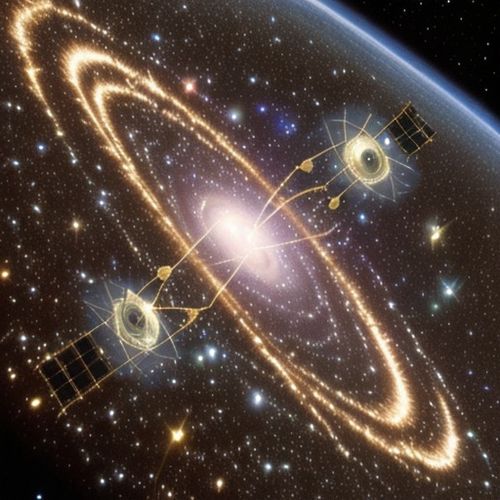
By Emily Johnson/Apr 10, 2025

By John Smith/Apr 10, 2025
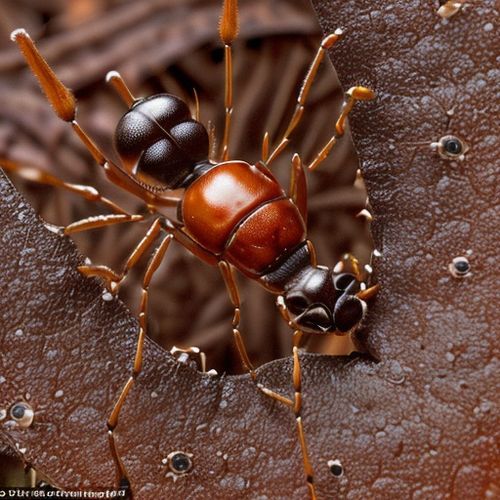
By Christopher Harris/Apr 10, 2025
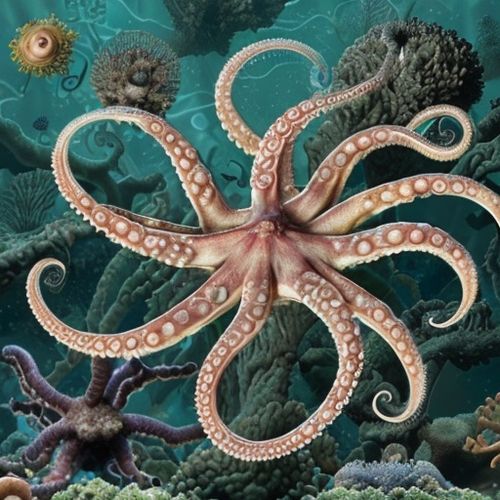
By Noah Bell/Apr 10, 2025
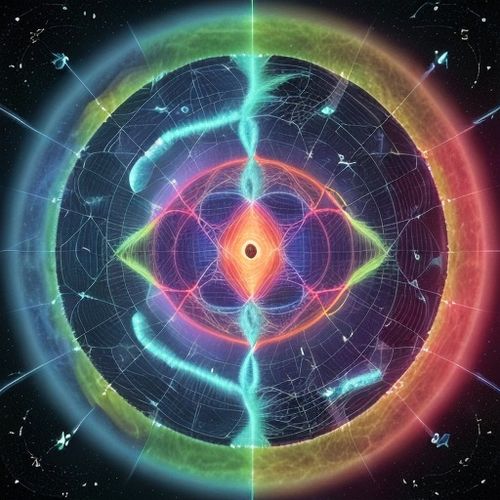
By Rebecca Stewart/Apr 10, 2025
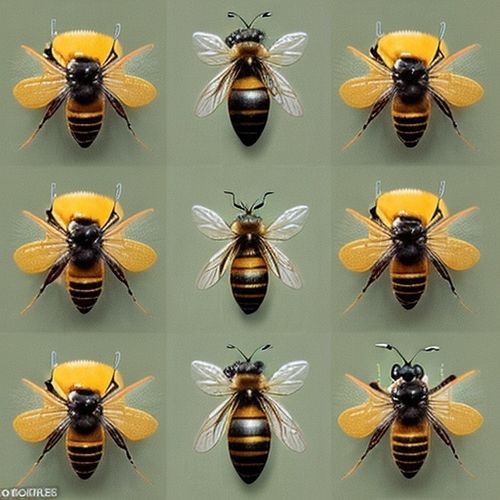
By Victoria Gonzalez/Apr 10, 2025

By Amanda Phillips/Apr 10, 2025

By Emma Thompson/Apr 10, 2025

By Lily Simpson/Apr 10, 2025

By Emma Thompson/Apr 10, 2025

By Sophia Lewis/Apr 10, 2025

By Rebecca Stewart/Apr 10, 2025

By Noah Bell/Apr 10, 2025

By Sophia Lewis/Apr 10, 2025
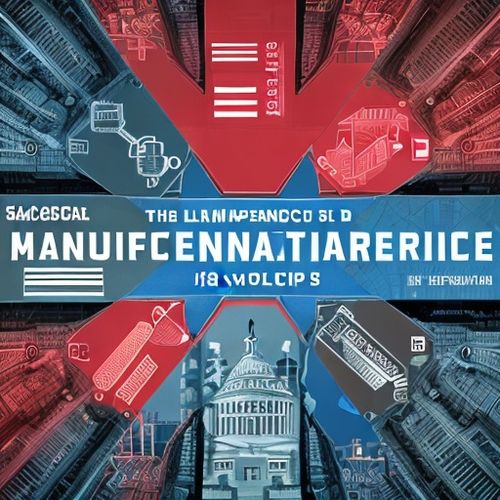
By Christopher Harris/Apr 10, 2025

By Eric Ward/Apr 10, 2025

By Daniel Scott/Apr 10, 2025